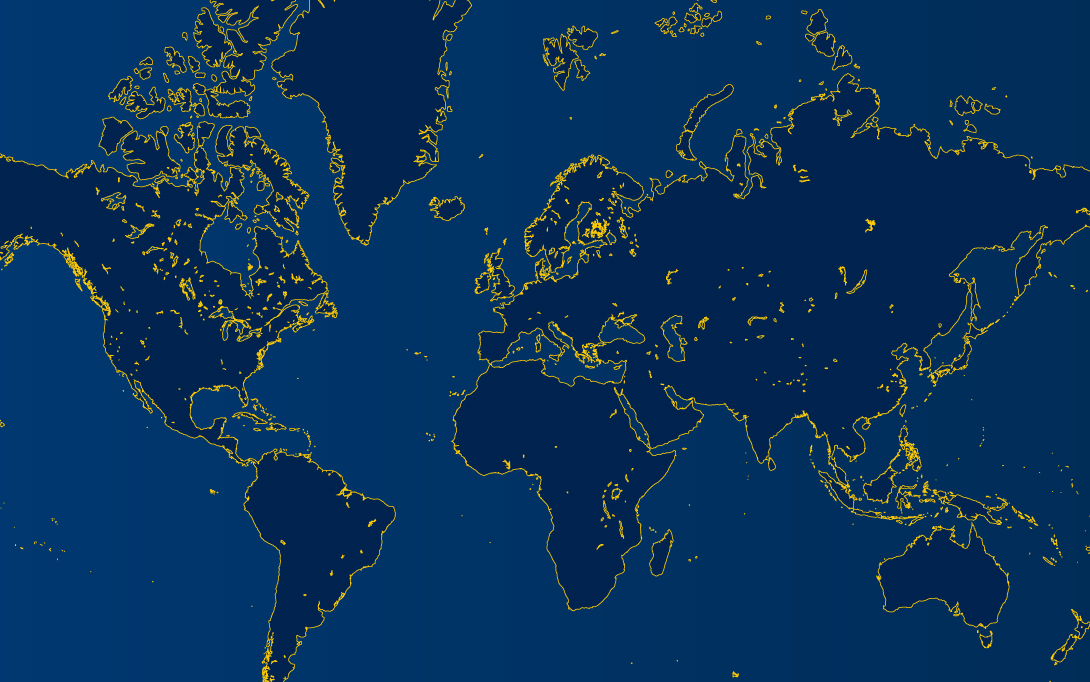Making International Development More Locally Led and Sustainable: A Practical Skills-Building Workshop

This is an in-person event for current U-M students. This event will not be livestreamed.
Making foreign aid more locally driven is an increasingly pursued priority for international development organizations – governmental agencies and non-governmental actors alike. Locally-driven development seeks to make projects more responsive to on-the-ground needs and priorities, more appropriate to local context, and more sustainable over time. This workshop will introduce students to one of the U.S. Agency for International Development (USAID)’s primary tools for pursuing locally driven programming: the Local Systems Framework. Students will then apply the local systems framework to a real-world USAID project that relies heavily on the framework for its design and implementation.
The International Policy Center (IPC) is hosting this workshop as part of its Aid & Development series. At Aid & Development events, students build practical skills for future international development careers.
Students will be required to read a short case profile prior to attending this workshop.
Register Here
Agenda and scope
In this workshop, students will apply the Local Systems Framework to the case of a USAID-funded development project: Supporting Colombia’s Response to Venezuelan Migration (under the name, Venezuela Response and Integration Activity). During the workshop, students will explore the project’s goals and intended approach to achieving them. Students will then apply the Local Systems Framework and make a recommendation to the project team drawn from their analysis using the Local Systems Framework. Students will then interrogate the extent to which the Local Systems Framework successfully advances goals around locally driven programming, equity, and sustainability.
About the Case: USAID/Colombia – Venezuela Response and Integration Activity
Since 2016, around 2.5 million Venezuelans have fled economic and political crises at home, relocating in Colombia. Migrants from Venezuela have settled throughout the country, often in the same communities where formerly internally displaced Colombians are returning. Receptor communities face significant challenges in providing economic opportunity, and access to health, education and justice services, among other challenges. The USAID project, beginning in 2021, seeks to support the Government of Colombia in responding to the “massive influx of Venezuelans and Colombian returnees into Colombia,” (USAID-2). Specifically, the development project focuses on strengthening Colombia’s public systems and governance institutions to support increased populations and needs, and improve access to stable employment and economic opportunity for receptor communities with a special focus on the Venezuelan migrant population.
Facilitator
This workshop will be led by Dr. Amy Beck Harris, a lecturer at the Ford School of Public Policy.
Dr. Harris merges experience as a former foreign aid implementation professional working on USAID and World Bank projects with academic expertise in public management, international development, foreign aid contracting, and participatory development. Dr. Harris holds a PhD and MS in Public Policy and Management from the University of Washington, an MA in International Policy Studies from the Monterey Institute of International Studies, and a BA in International Studies from Middlebury College.
Organizers
Ford School of Public Policy
International Policy Center

